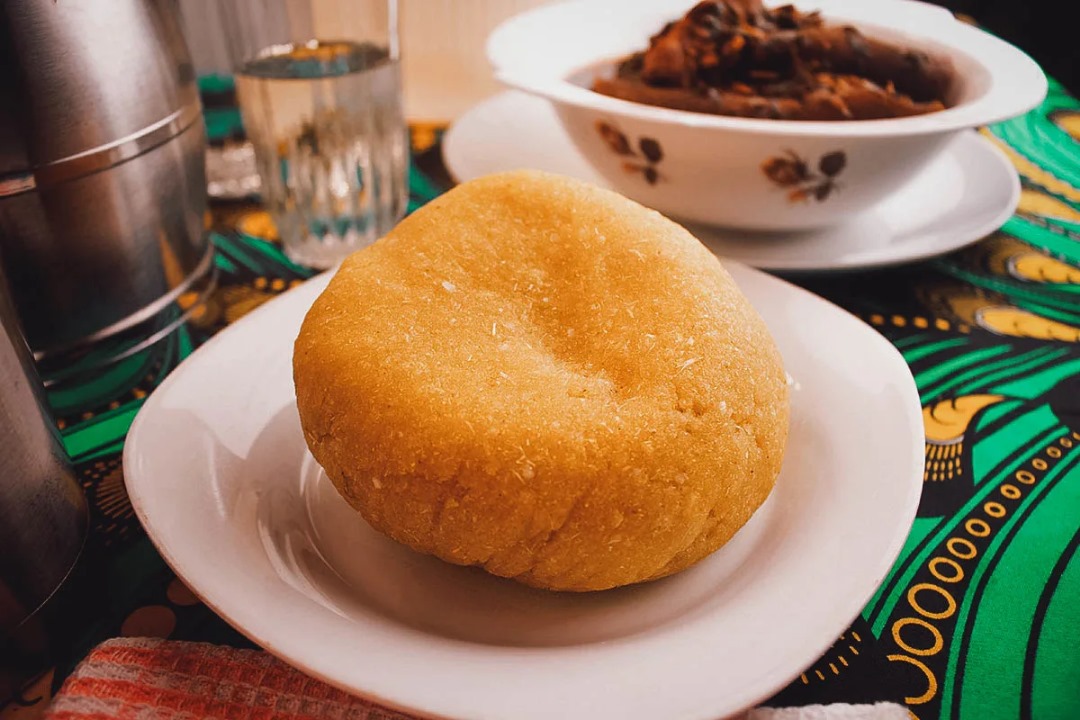
Hardship: Top 10 pocket-friendly Nigerian meals
In Nigeria, where expenses for living might differ greatly, it's critical to locate inexpensive and nourishing food.
It's totally feasible to have a filling dinner without going over budget, whether you choose to buy prepared foods or cook at home.
You can get a range of filling Nigerian meals for N750 to N1500, including quick fixes like Indomie noodles with vegetables and a bit extra to cook on your own, including classics like Jollof rice.
These meals ensure that many people can eat healthfully on a budget by offering not just the essential nutrition but also accessibility.
The term "pocket friendly" refers to an item that is fairly priced or accessible.
It suggests that the price of the good or service won't strain your finances, making it simple to buy without experiencing any financial hardship.
She emphasised that it is preferable to make an effort to eat healthily and maintain good health than to become ill these days due to rising prescription costs and seek efficient medical care.
The adage "health is wealth" emphasises the idea that one of a person's most precious possessions is good health. All other facets of life can be seriously jeopardised by poor health. A happy and fruitful existence is predicated on having a sound body and mind.
"When we argue that eating well leads to being healthy, we're highlighting how important nutrition is to preserving and improving our well-being, The food we consume directly affects our body’s functioning, energy levels, and overall health.”
Here are ten affordable, nutrient-dense, and budget-friendly meal options for Nigeria based on a cross-sectional study conducted throughout the six zones:
1. Jollof Rice Ingredients: rice, seasoning cubes, oil, pepper, tomatoes, and onions.
Why: Jollof rice, a mainstay in many Nigerian homes, is reasonably priced and can be made with or without protein, making it suitable for a range of spending levels.
2. Plantain and Beans Ingredients: spices, onions, palm oil, ripe or unripe plantains, and beans.
Why: Beans are a cheap and high-quality source of protein. Plantains go well with it to make a substantial supper.
3. Ingredients for Eba and Egusi Soup: vegetables, palm oil, melon seeds, milk curds (wara), stockfish, or meat (optional).
Why? Because egusi soup is rich and may be made on a budget or without meat. Garri-based eba is cheap and satisfying.
The ingredients for the Asaro Yam Porridge are yam, pepper, onions, spinach or other leafy greens, and seasoning.
Why: When yams are in season, yam porridge is a cheap and filling dish.
5. Fufu with Okra Soup
Ingredients: cassava flour (for Fufu), crayfish, pepper, seasoning, okra, and palm oil.
Why? Okra is inexpensive and filling. When combined with Fufu, it makes a filling supper.
6. Adalu's Beans and Corn Porridge
Ingredients: spices, onions, corn, beans and palm oil.
Why? Because beans and maize combine to make a cheap, satisfying, and high-protein lunch.
7. vegetable-topped noodles
Ingredients: bell peppers, onions, carrots, cabbage, and eggs (optional).
Why: Noodles are inexpensive and quick. Vegetables boost the nutritional content without appreciably raising the price.
Acha (Fonio) Porridge, eighth
Acha grains, veggies, onions, palm oil, and spices are among the ingredients.
Why? Though it's a lesser-known grain, acha is incredibly nutrient-dense and makes a light porridge with just a few ingredients.
9. Moi Moi
Ingredients: oil, spice, onions, pepper, and beans.
Why: Me Moi is a healthy, high-protein dish that may be eaten on its alone or as a side dish.
10. Fried rice and almonds
Yam, onions, oil, pepper, and beans (for Akara) are the ingredients.
Why: A well-liked combo of cheap street cuisine that may be eaten for breakfast or as a light dinner.
These dishes are not only cost-effective but also easy to prepare, ensuring that you can eat well on a budget.
A healthy diet is essential to preserving and improving our wellbeing. Our body's normal functions, energy levels, and general health are supported by the nutrients—such as vitamins, minerals, proteins, and healthy fats—that we get from a balanced diet.
In addition to supplying the energy required for everyday tasks, a healthy diet lowers the risk of developing chronic illnesses including diabetes, heart disease, and some types of cancer.
A balanced diet also has a favourable effect on mental health, elevates mood, and lowers stress levels.
Making nutrient-dense food choices is an investment in our health that will pay off in a longer, better life and the capacity to overcome obstacles head-on.





